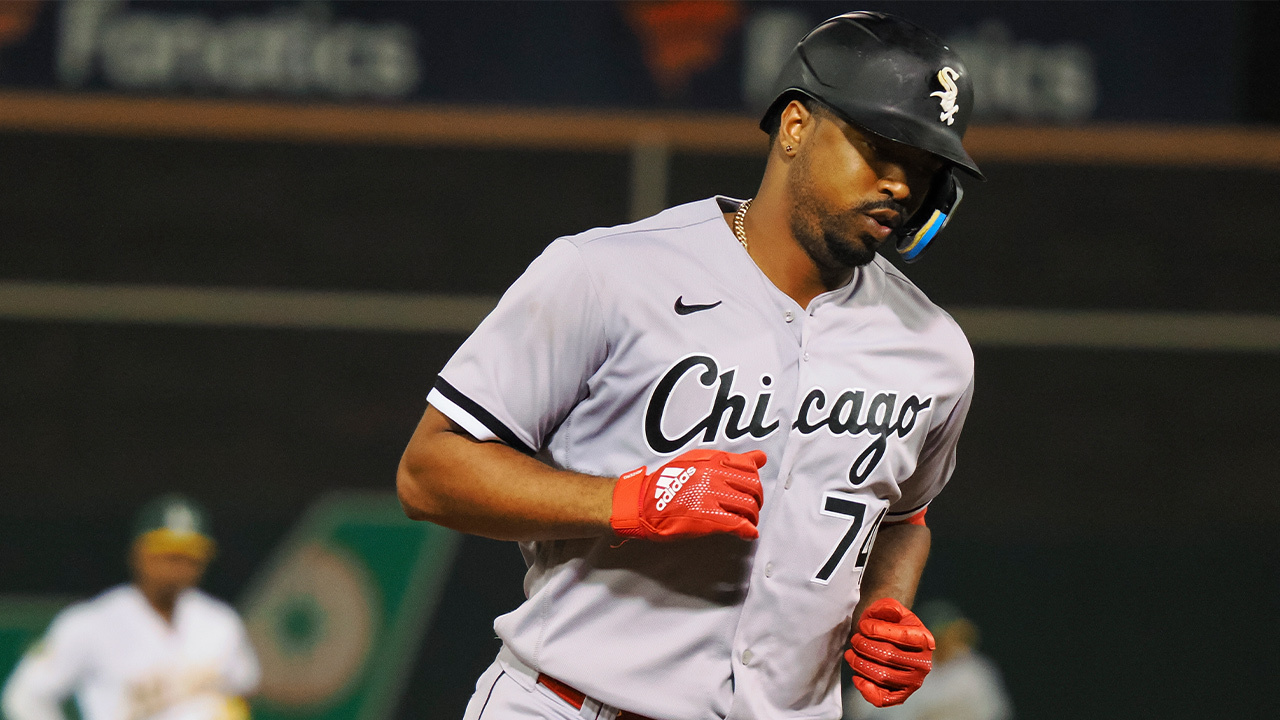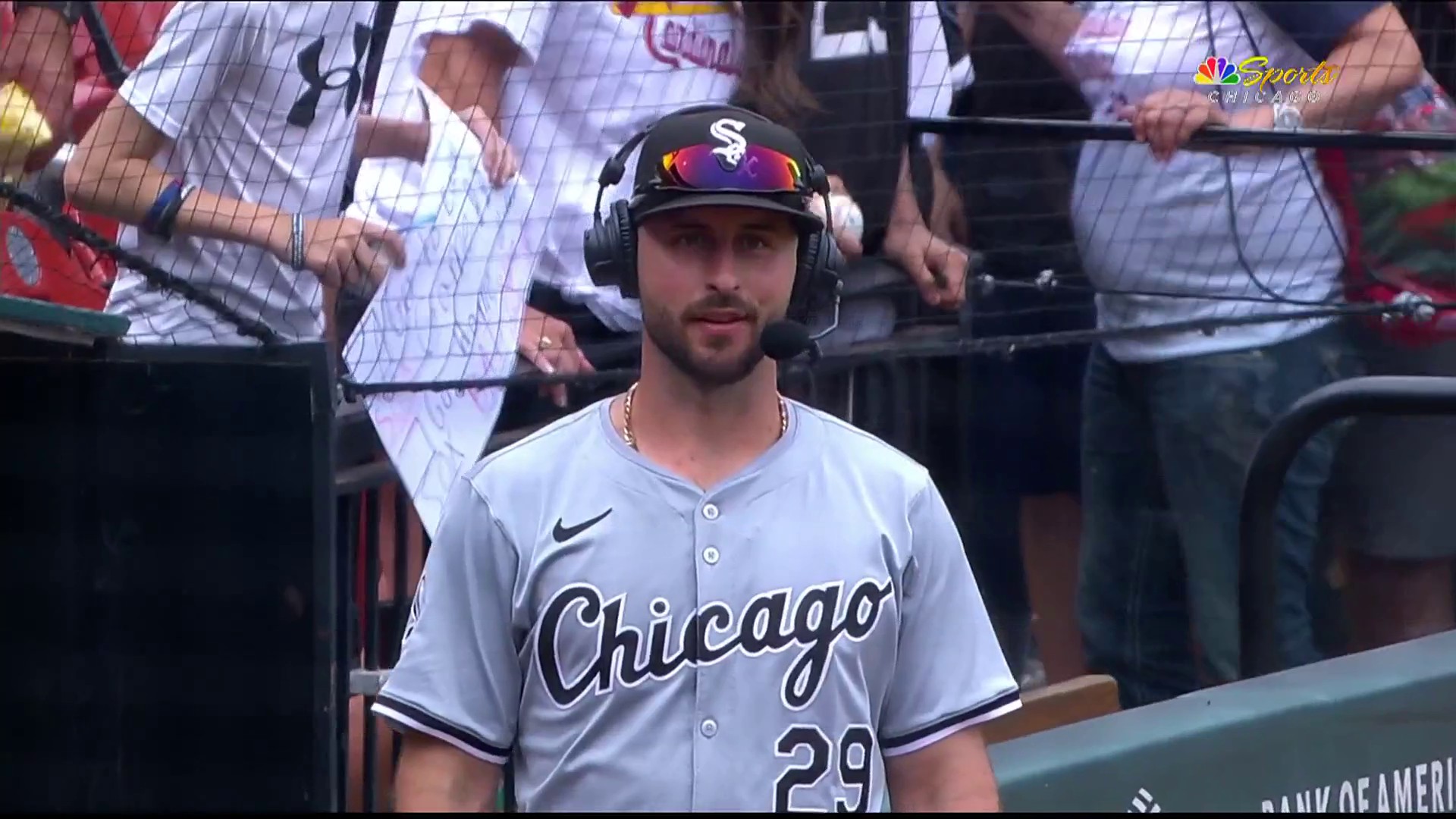Ryne Sandberg had 15 homers, a .360 career slugging percentage and a reputation as a fine singles hitter with speed after two seasons in the majors by the time he reported to spring training with a new Cubs manager in 1984.
“After watching a couple weeks of spring training games, he took me aside and asked me to change my mindset as far as driving the baseball, being aggressive on certain pitches and hitting baseballs in the gaps and hitting home runs,” Sandberg said.
In fact, new manager Jim Frey spent the next 10 days or so working personally with the 6-foot-2 second baseman on pulling the inside fastball and driving the ball to left.
“He thought I had that type of body and that type of ability,” said Sandberg, who then more than doubled his career home run total that season, slugging .520, making his first All-Star team and earning an MVP award on the way to the Cubs’ first postseason berth since 1945.
“His conversations and having me change my mindset really took me to the Hall of Fame,” Sandberg said.
Frey, who died at 88 on Sunday, lasted less than three seasons as Cubs manager, before a brief stint in the broadcast booth and a turn as general manager (which included the hiring of childhood pal Don Zimmer as Cubs manager).
RELATED: Jim Frey, Cubs manager of 1984 division-winning team, dies at 88
MLB
But his legacy has a lasting impact to this day, in large part for that team’s place in Cubs history, along with his work as an extra hitting coach with his Hall of Fame infielder and a sense of humor in good times and tough times that still resonates with those who knew him best.
“I don’t know if people realize how funny he was,” said Rick Sutcliffe, the Cubs’ Cy Young-winning ace who joined the 1984 team in a June trade.
After hiring Zimmer in 1987, the bull sessions between the old pals before games were legendary, Sutcliffe said: “The crowd would get bigger and bigger and bigger and the stories would get funnier and funnier.”
The laughter never stopped even after he was fired as Cubs general manager in 1991 (following another division title in 1989).
Sutcliffe ran into him a year later and asked what Frey was up to.
“Still getting paid,” he told Sutcliffe. “I’m the vice-president. They told me to go home and be in charge of being the vice-president of Baltimore. They haven’t called or asked my opinion on anything, but anything you want to know about Baltimore, ask away.”
“He was a very funny guy, with a dry sense of humor,” said Sandberg, who also remembers the kind of motivator Frey could be the rare time he felt a team meeting was needed.
“He always ended it as if giving a sermon in a church, and we’d all look around at each other like we could run through a brick wall,” Sandberg said.
RELATED: Glenn Beckert’s death, '69 Cubs underscore value of sports in a crisis
But for all the laughs, coaching acumen and a previous managing run in Kansas City, Frey’s legacy will forever be linked with one of the most storied, iconic seasons in Cubs history.
“I know how much ’84 meant to him. I know how much it meant to all of us,” Sutcliffe said. “There were a lot of pieces to that puzzle, and Jim Frey was one of the bigger ones.”
He also was at the center of maybe the biggest debate surrounding that team after it was eliminated in the five-game National League Championship Series by the Padres despite winning the first two games of the series.
Instead of shortening his rotation to have Sutcliffe and left-hander Steve Trout available for Games 4 and 5 on short rest, Frey opted to keep righty Scott Sanderson on his turn for Game 4, with Sutcliffe on regular rest for a Game 5 that turned on Leon Durham’s seventh-inning error at first.
“We probably never will know what happened or why he changed his mind,” said Sutcliffe, who was surprised when pulled from a Game 1 blowout win with a two-hit shutout intact through seven.
“I wasn’t coming out of the game,” he said. “But Jim told me I was done, that if needed I was going to come back and pitch Game 4. For some reason the morning of Game 4, he called my hotel room and said he’d changed his mind and that I wasn’t going to pitch that night. I didn’t ask why; that’s not my job. My job is to do what I’m told to do.
“I know a lot of people were disappointed with that. I was set to go. But we’ve all moved on from there.”
Said Sandberg: “We had Eckersley and Sanderson as our third and fourth guys, and those guys were top notch as well.”
If anything, Sandberg remembers not being able to tack on to their early lead in Game 5.
But mostly, on this day. he remembers one of the great influences in his career, a friend who also was there with advice when Sandberg began a second baseball life as a manager with Single-A Peoria in 2007 — eventually managing all or parts of three seasons in Philadelphia.
Sandberg, who brought Frey to Cooperstown for his Hall of Fame induction and mentioned him in his speech, stayed in touch even in recent years as Frey’s health ebbed and flowed.
“He always mentioned he was still scoring under his age in golf,” Sandberg said.
[embed]Click here to download the new MyTeams App by NBC Sports! Receive comprehensive coverage of the Chicago Cubs easily on your


